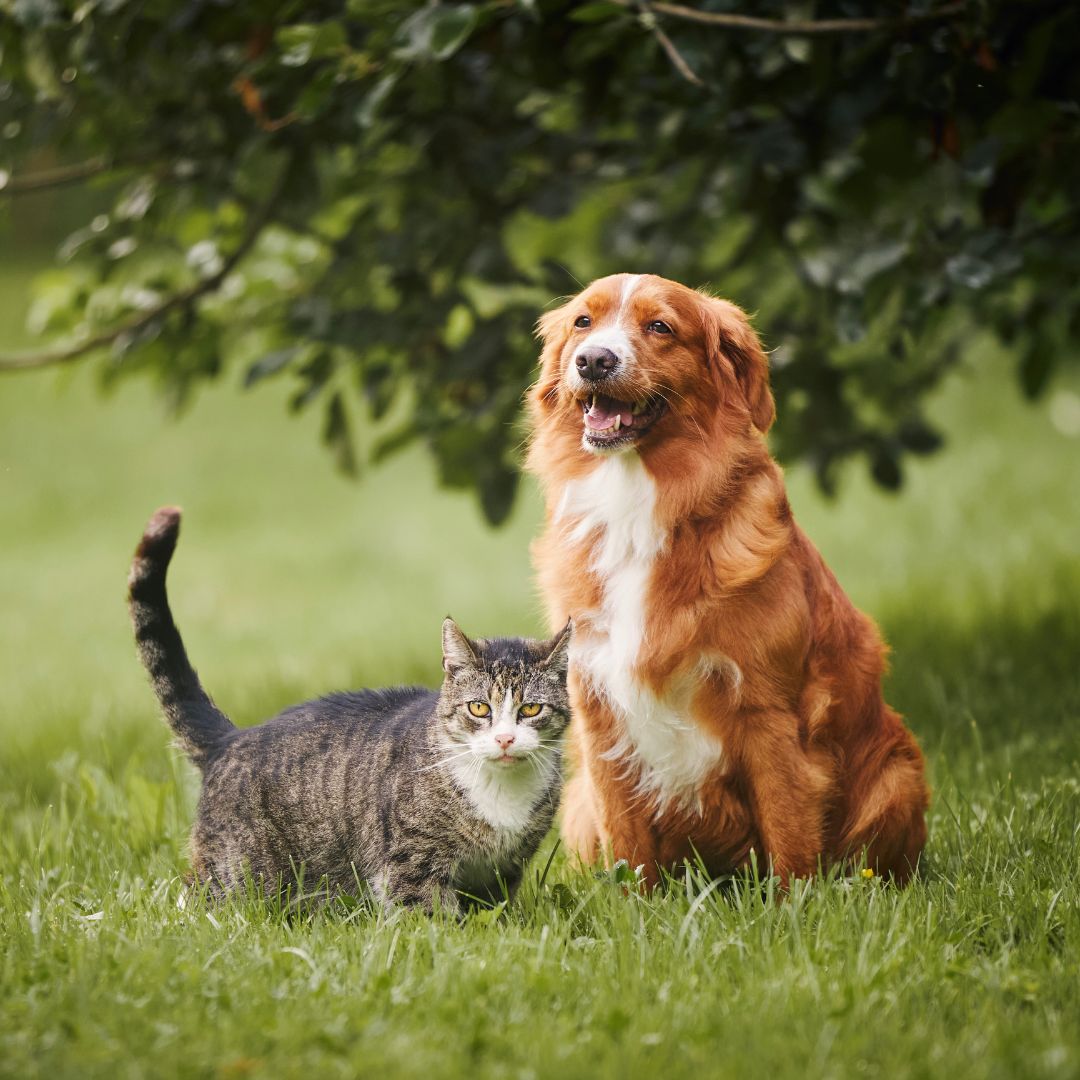
Why Do Dogs Chase Cats?
Share
Just as you're enjoying a peaceful weekend, a sudden crashing sound breaks the silence, followed by growling and hissing. You track the commotion to its source and discover your dog chasing your cat again. Shaking your head in disbelief, you wonder why dogs always seem to chase cats. It turns out, there are reasons behind this behavior. Read on to find out more!
History of Cats vs Dogs
Don't worry! We're not diving into a full-blown research paper or thesis here. Instead, we'll take a quick look at some literature that might explain why dogs chase cats so eagerly.
Have you ever heard the African-American folktale that explains why dogs are always chasing cats? Here's how the story goes:
Once upon a time, dogs and cats were good friends. They lived next to each other and often shared meals. Both loved eating ham, so they decided to pool their money to buy a large chunk of ham that they couldn't afford on their own.
As they carried the ham home together, the dog was excited about sharing the feast. However, the cat had other plans and didn't intend to share at all. Nearing their homes, the cat suddenly climbed up a tree and began devouring the ham alone, while the dog barked madly from below. The dog told the cat that hunger would eventually bring it down from the tree. And so it did. Ever since then, dogs have been chasing cats, perhaps still seeking their share of that ham.
It's a charming story, but it's just a piece of fiction. Now, let's delve into the non-fiction reasons behind this behavior!
It Is Already an Instinct
The tendency of dogs to chase cats can be traced back to their lineage and closest ancestors. Dogs descended from wolves and wild dogs that lived in harsh conditions. These ancestors had strong predatory instincts, driving them to hunt smaller species.
This inherited prey drive explains why dogs often can't resist chasing cats. Even the most affectionate cat breeds aren't immune to this instinct. The prey drive is a natural, inherited behavior from their ancestors.
But What About Some Dogs?
Interestingly, not all dogs are interested in chasing cats. This behavior varies among both mixed and purebred dogs. Typically, breeds within the terrier lineage are more inclined to chase cats, but some dogs, regardless of breed, simply don't engage in this behavior.
What to Do to Stop Dogs from Chasing Cats
Despite this instinctive behavior, there are several strategies to address it. Here are some approaches based on the age of your pets:
When One Pet Is Young and the Other Is Old
The key is to take it slow and allow your pets to get to know each other at their own pace. Just as humans take time to build relationships, pets do too. Raising your cat to be friendly or socializing your dog can help them get along better.
When Both Pets Are Young
It's often easier to manage when both the dog and cat are young. During their formative years, they are still developing their perceptions of other animals and humans. Introducing them to each other at this stage can help prevent future problems and foster a friendly relationship.
